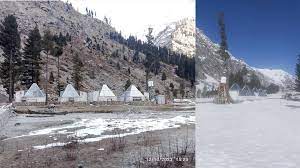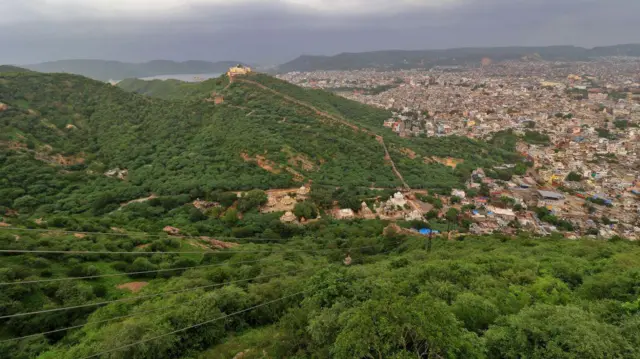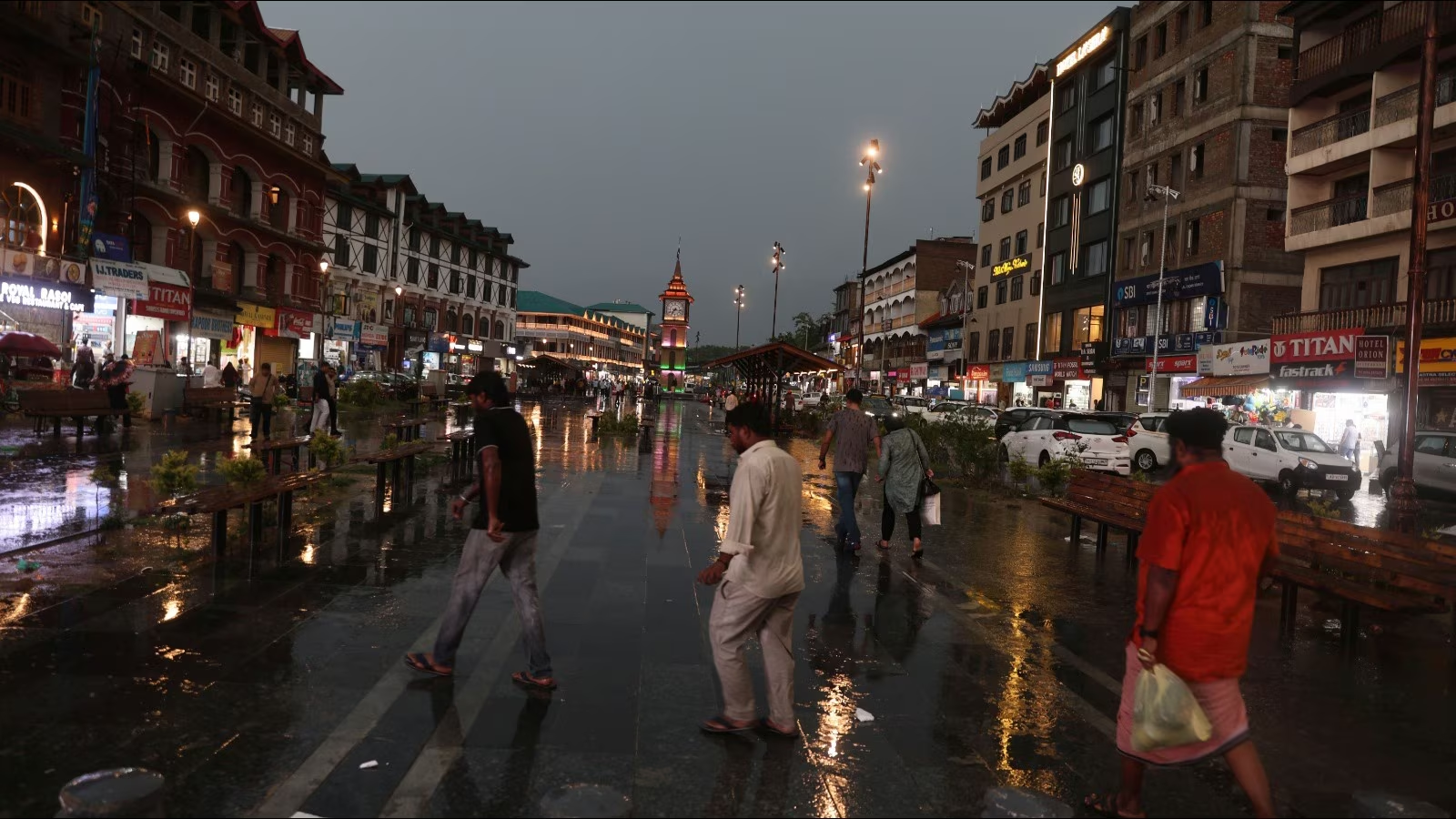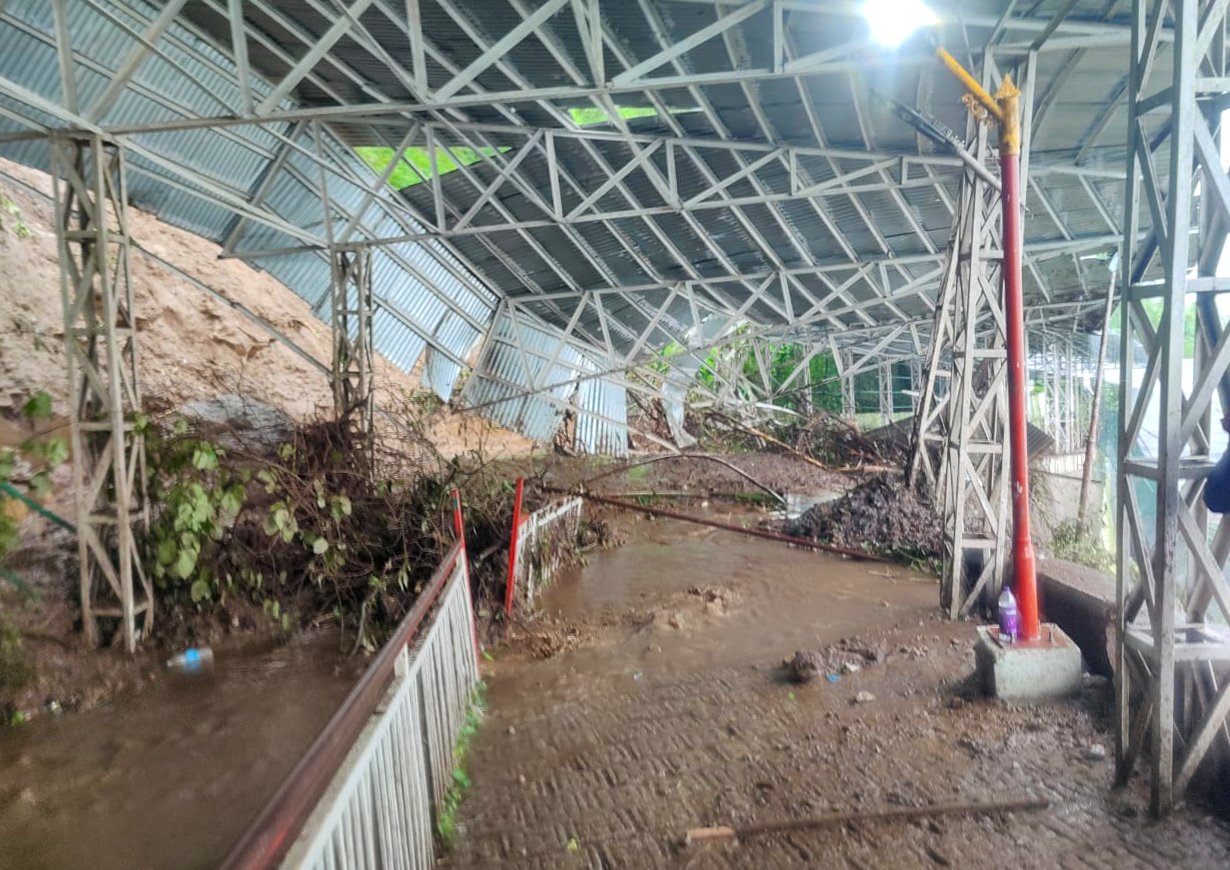Government News
Snow Tales: Too Little, Too Late, Say Climate Experts


By - 30 Jan 2024 10:06 PM
|
KARACHI, Jan 29 (IPS) - Whether the late snow in Pakistan’s Gilgit-Baltistan region is an anomaly or an indication of the impacts of climate change, which brings erratic and at times devastating weather patterns, experts in the region believe not enough is being invested in the development of capacities, systems, and infrastructure to improve resilience. Alpine skier, 28-year-old Muhammad Karim, has spent the winter with his eyes skyward, wishing and hoping for deep and abundant snow.“My bread and butter depend on the snow,” said the Olympian, who is also a ski trainer, at Naltar Ski Resort, in the valley by the same name nestled in the Gilgit-Baltistan’s Karakoram mountain range.Without prolonged cold winter days to follow the snowfall, the snow will melt away, said Sarfaraz, continuing: “Nor will it compensate for the almost 80–90 percent less precipitation the country faced in December and January.”“Winter has been milder,” he said, due to the El Niño effect. The temperatures recorded by the seven weather stations, however, show “an increase by 0.5 degree Centigrade in the region, on average, since 1983, and a decrease of precipitation (rain and snow) by 8.4 mm,” said Shigri. Heading the ice-hockey and alpine skiing section run by the Ski Federation of Pakistan and with the national skiing competition looming just weeks away (held between February 14 and 20 in Naltar), Karim had been getting sleepless nights as it had not snowed after a slight sprinkling of “half an inch” in November, and there were chances the sporting event would be called off.But as predicted by the Meteorological Department, the snowfall began on January 28 and “will continue for a few days,” said Karachi-based Dr. Sardar Sarfaraz, chief meteorologist at the Pakistan Meteorological Department. “It’s too light,” said Karim, talking to IPS over the phone from Naltar. “We are still uncertain about the event,” he added.This year has been quite unusual. It has been an almost snowless winter in the northern region of the Himalayan-Hindukush-Karakoram ranges.“We usually experience the first snowfall by the end of October in some parts of G-B, and this continues well into March,” said Shehzad Shigri, director of the Gilgit-Baltistan Environmental Protection Agency, speaking to IPS from Gilgit city. |
























